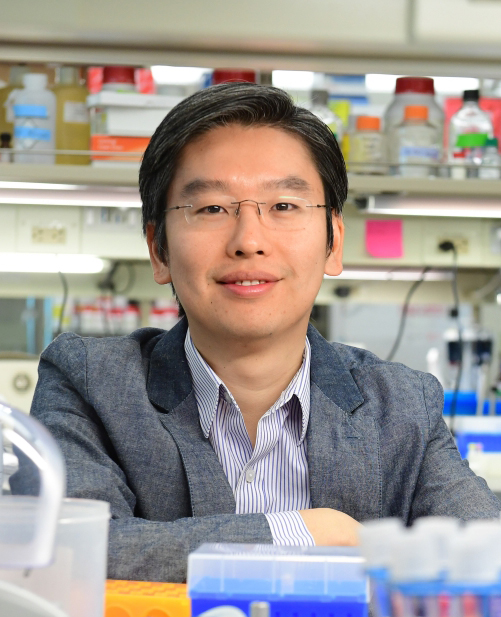Pills, Bricks, and Spies: a Synthetic Biology Story of the Microbiome
Date/Time
Date(s) - Wednesday, September 19, 2018
7:00 pm - 9:00 pm
Location
Biotech Without Borders
Categories No Categories
A free talk by Dr. Harris Wang
The microbiome is the collection of microbes that live all around us, from the air we breathe, to the food we eat, and the bed we sleep. These bugs are our friends when they are good and our enemies when they are bad. This talk is about an ongoing story to teach good microbes new tricks using synthetic biology. You will hear about new ways we are engineering microbes in your gut to improve health and treat diseases, how we are turning soil microbes into “living bricks” to make houses that are alive, and how we teach simple bugs to become sophisticated spies to go and listen in places that we cannot reach. Learn about synthetic biology, the microbiome, and cutting-edge biotechnologies that can change the world!

Harris Wang is an Assistant Professor at Columbia University jointly appointed in the Department of Systems Biology and the Department of Pathology and Cell Biology. Dr. Wang received his B.S. degrees in Mathematics and Physics from MIT and his Ph.D. in Biophysics from Harvard University. His research group develops enabling genomic technologies to characterize the mammalian gut microbiome and to engineer these microbes with the capacity to monitor and improve human health. His work has been published in numerous high impact journals including Nature and Science. Dr. Wang is an Investigator of the Burroughs Wellcome Fund and the recipient of numerous awards, including the NIH Director’s Early Independence Award, NSF CAREER, Sloan Research Fellowship, ONR Young Investigator, and was named in Forbes’ 30 Under 30 in Science. In early 2017, Dr. Wang received the Presidential Early Career Award for Scientists and Engineers (PECASE) from President Obama, which is “the highest honor bestowed by the United States Government on science and engineering professionals in the early stages of their independent research careers.”

